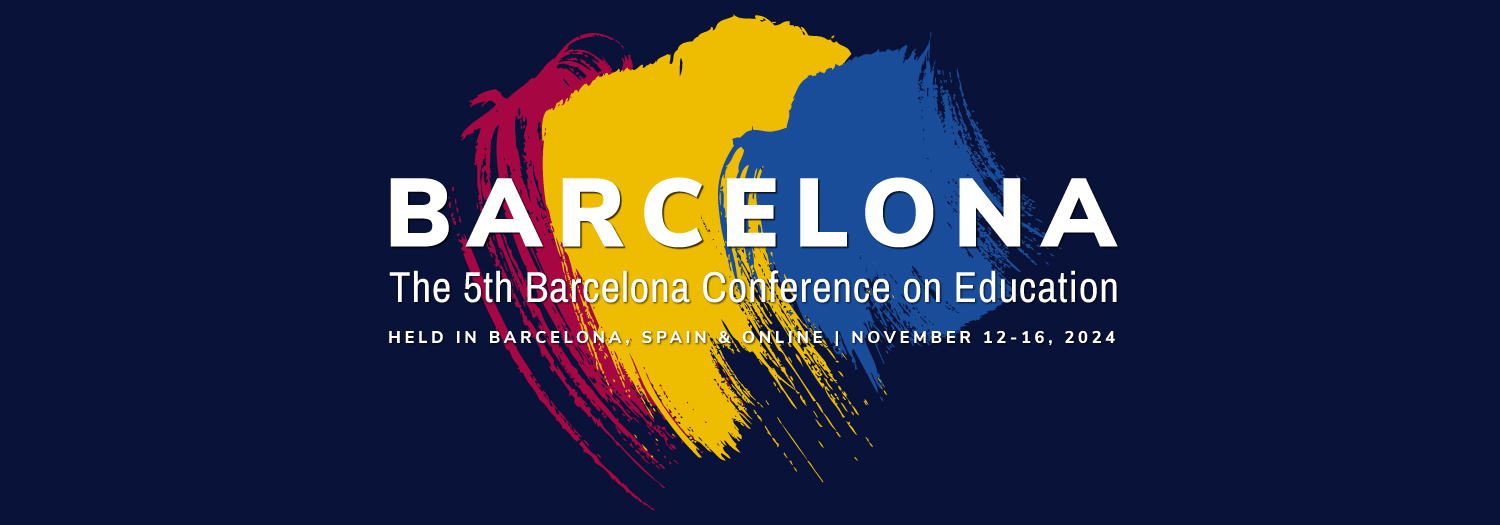The humanities, arts and cultural studies have the potential to make us literate. They enable the human mind to contextualise and discover language(s) to connect lived experience with the wider social, cultural, scientific, economic, psychological and political worlds. In fact, the humanities and arts are more than enabling; they enrich and are essential to all our relations. But in these troubled times of pervasive and dominant pathologies of scientific, corporate, capitalist, militaristic and technocratic rationality, the humanities are being defunded, rejected and marginalized. Nothing could be more perilous at this pivotal time in the world. Global warming, the Covid-19 pandemic, a China–United States cold war, Black Lives Matter, a Great Depression 2020, displaced and dispossessed people, and rising suicide rates are just some of the immediate realities that can only be unflinchingly and qualitatively understood, questioned and critiqued through the humanities, arts and cultural studies.
In my presentation, I will argue that it is through studying the humanities that there exists the opportunity and imperative to self-examine, to become equipped to understand and investigate the challenging moral and ethical issues of our times. The humanities provide the creative, ludic and critical intellectual space to engage with the complexities of being. They offer windows into other ways of knowing and ways of being; they provide the tools for cultural encounters with difference; and they shake up realities to make them apposite. I will argue that such things are learned through the energies and efforts of philosophy, history, literature, religion, art, music, media, cultural studies and language — and we ignore them at our own peril. Now, as we witness the eruption of the Black Lives Matter movement reverberating and resonating around the planet, we can observe the power of how lived experience, in this case derived from the historical and contemporary effects of colonialism, slavery and the subjugation of people based on race, upends the status quo and calls into question the very conditions in which we live, and to what extent we are complicit through our privilege and/or ignorance. Such questions are only possible through critical thinking, dissent and protest, seen in the ground and vitality of the humanities, arts and cultural studies. Nothing could be more relevant in uncertain and troubled times.
Read presenter's biography

You must be logged in to post a comment.